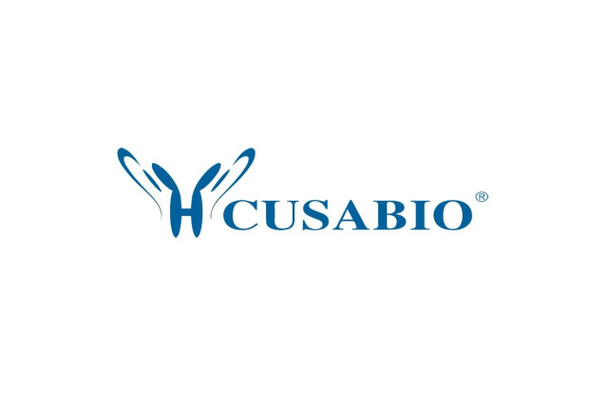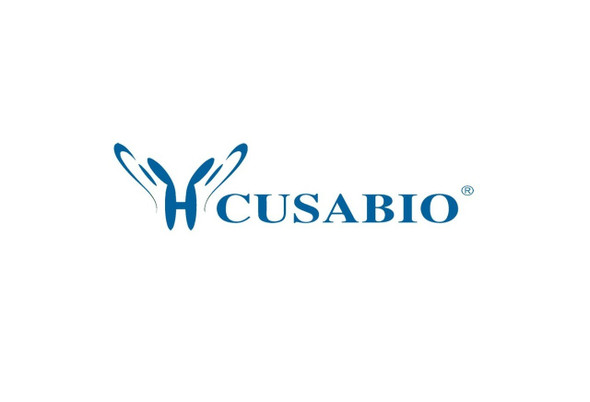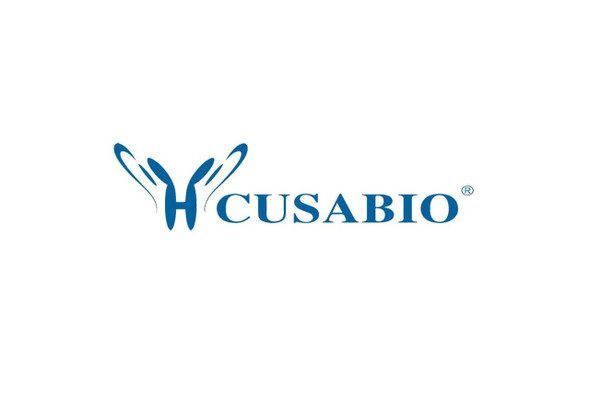Cusabio Polyclonal Antibodies
NMNAT3 Antibody, FITC conjugated | CSB-PA839418LC01HU
- SKU:
- CSB-PA839418LC01HU
- Availability:
- 3 to 7 Working Days
Description
NMNAT3 Antibody, FITC conjugated | CSB-PA839418LC01HU | Cusabio
NMNAT3 Antibody, FITC conjugated is Available at Gentaur Genprice with the fastest delivery.
Online Order Payment is possible or send quotation to info@gentaur.com.
Product Type: Polyclonal Antibody
Target Names: NMNAT3
Aliases: Nicotinamide/nicotinic acid mononucleotide adenylyltransferase 3 (NMN/NaMN adenylyltransferase 3) (Nicotinamide-nucleotide adenylyltransferase 3) (NMN adenylyltransferase 3) (Nicotinate-nucleotide adenylyltransferase 3) (NaMN adenylyltransferase 3) (EC 2.7.7.18) (Pyridine nucleotide adenylyltransferase 3) (PNAT-3) (EC 2.7.7.1), NMNAT3
Background: Catalyzes the formation of NAD+ from nicotinamide mononucleotide (NMN) and ATP. Can also use the deamidated form; nicotinic acid mononucleotide (NaMN) as substrate with the same efficiency. Can use triazofurin monophosphate (TrMP) as substrate. Can also use GTP and ITP as nucleotide donors. Also catalyzes the reverse reaction, i.e. the pyrophosphorolytic cleavage of NAD+. For the pyrophosphorolytic activity, can use NAD (+), NADH, NAAD, nicotinic acid adenine dinucleotide phosphate (NHD), nicotinamide guanine dinucleotide (NGD) as substrates. Fails to cleave phosphorylated dinucleotides NADP+, NADPH and NAADP+. Protects against axonal degeneration following injury.
Isotype: IgG
Conjugate: FITC
Clonality: Polyclonal
Uniport ID: Q96T66
Host Species: Rabbit
Species Reactivity: Human
Immunogen: Recombinant Human Nicotinamide/nicotinic acid mononucleotide adenylyltransferase 3 protein (1-215AA)
Immunogen Species: Human
Applications: ELISA
Tested Applications: ELISA
Purification Method: >95%, Protein G purified
Dilution Ratio1:
Dilution Ratio2:
Dilution Ratio3:
Dilution Ratio4:
Dilution Ratio5:
Dilution Ratio6:
Buffer: Preservative: 0.03% Proclin 300
Constituents: 50% Glycerol, 0.01M PBS, PH 7.4
Form: Liquid
Storage: Upon receipt, store at -20°C or -80°C. Avoid repeated freeze.
Initial Research Areas: Signal Transduction
Research Areas: Cancer;Metabolism;Signal transduction






